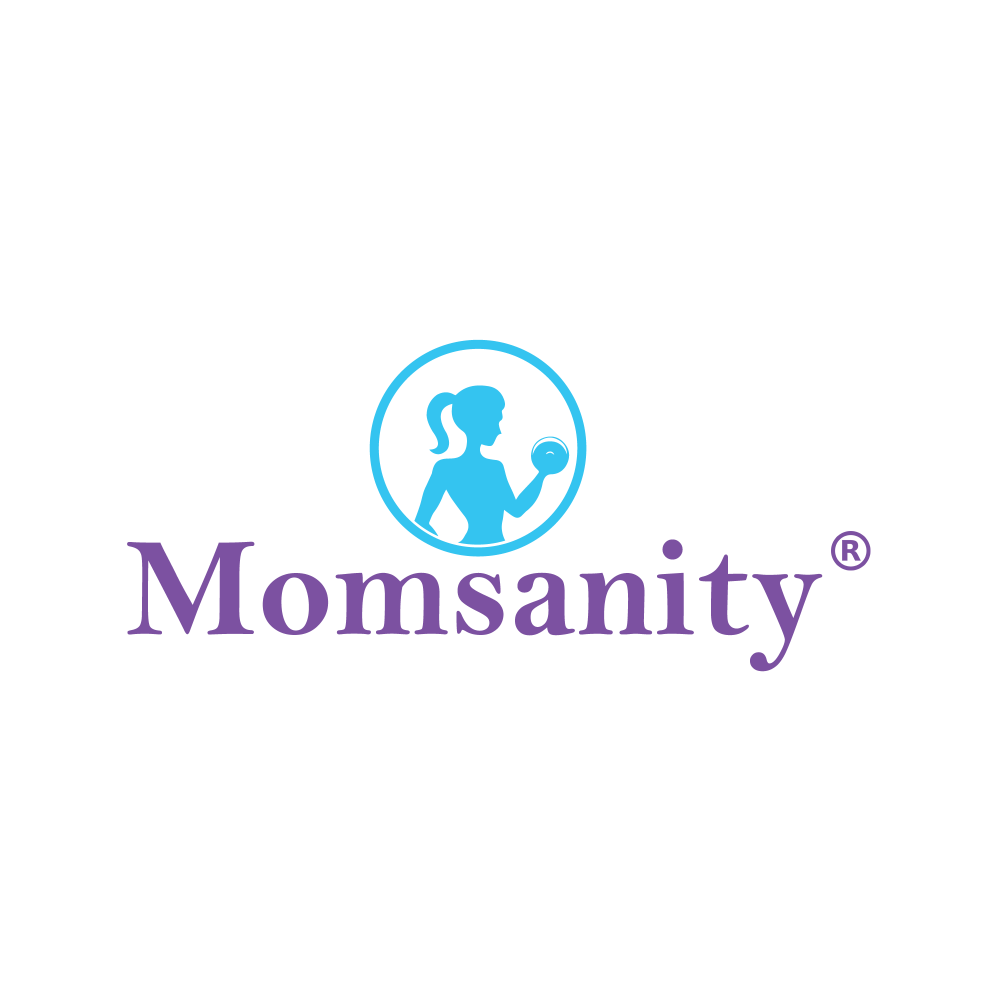What are Food Sensitivities and Why do they Matter?
Feb 26, 2014
By Emily Saunders

Most people (especially Moms) are familiar with food allergies due to an alarming rise in allergies among children. Fewer people are aware of food SENSITIVITIES and often confuse them with food allergies and therefore go untreated and continue to suffer. So, what in the world is the difference?
A food allergy produces an immediate anaphylactic response in the body- think tongue swelling, trouble breathing, and hives. Allergies are typically tested for using an IgE blood panel or skin prick test. When test results are positive, strict avoidance of those foods is necessary to avoid further attacks.
A food sensitivity, on the other hand, can be more difficult to pinpoint. It instigates more of a chronic or delayed type of reaction. These are mediated by IgG antibodies that our bodies create to a specific food and begin tackling it as a foreign substance and have been linked with all sorts of diseases and symptoms (sometimes minor and other times major). Symptoms vary wildly and may include any combination of fat loss resistance, acne, eczema, acid reflux, IBS, bloating, headaches, joint pain, and fatigue just to name a few. What makes sensitivities more difficult to identify is that symptoms usually do not appear immediately after consuming the culprit food and sometimes don’t show up for 2 to 3 days after consumption.
The best way to tell if you have a sensitivity is to an elimination and challenge test. Eliminate a suspect food for 3 months and then reintroduce. If symptoms improve with elimination and worsen with challenge then you do have a sensitivity. Other people, like to have more objective findings. While the tests are not perfect, any of the IgG food allergy tests have come a long way. My husband, frequently uses a test from Alletess. The test generates a number between 0 and 1 for around 200 foods; a number higher than 0.25 is considered a significant reaction and should be eliminated from one’s diet. However, each person’s situation is unique and individual trends should be evaluated by a nutrition coach. One may be able to reintroduce certain foods after the gut is healed but that should be done under the supervision of a physician.
Unfortunately traditional medicine often brushes off the idea that food sensitivities even exist. This response continues to baffle me personally as I have seen HUNDREDS of nutrition clients achieve better health, vibrancy, energy, and fat loss after eliminating allergenic foods. Sometimes the results are astounding!!
Testing can be expensive and unfortunately is not typically covered by insurance. That said, many integrative doctors believe that EVERYONE can benefit from significantly limiting or eliminating the most common allergens- namely wheat and dairy due to a variety of other issues like inflammation, hormonal imbalance, and insulin control. Additional highly sensitive foods include eggs, nuts and soy.
When many people begin eating “clean” consumption of eggs, nuts and sometimes dairy increases- which is a great thing for many people, but can cause fat-loss resistance in those with sensitivities to these foods. If you are feeling drained, inflamed, achy, exhausted, experience headaches or GI upset regularly then it is highly likely that you might be dealing with a food sensitivity.
Many people find that they can introduce small amounts of an allergenic food after some time, while others do best by avoiding it forever. Probiotics can also help to heal the gut and aid in recovery.
If you feel like you’re doing “everything right”, yet are still struggling with fat loss resistance, eliminating wheat and dairy first and then nuts, eggs, and soy (if symptoms don’t improve) is definitely worth a shot (if testing isn’t an option for you). Don’t brush off the possibilities- simple changes can produce profound results and help you to feel like a new person in a short period of time.
Lorem ipsum dolor sit amet, consectetur adipiscing elit. Cras sed sapien quam. Sed dapibus est id enim facilisis, at posuere turpis adipiscing. Quisque sit amet dui dui.
Stay connected with news and updates!
Join our mailing list to receive the latest news and updates from our team.
Don't worry, your information will not be shared.
We hate SPAM. We will never sell your information, for any reason.

